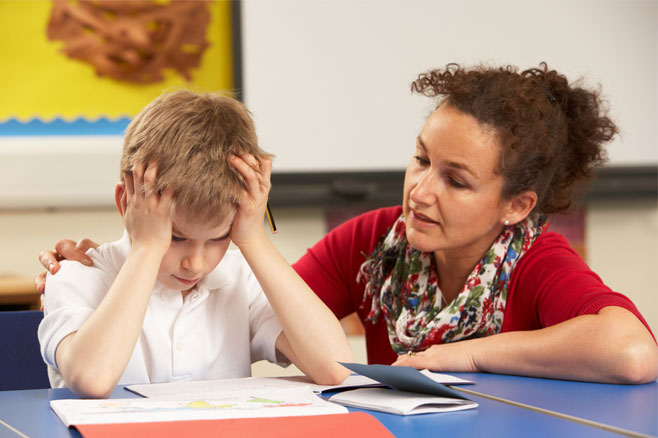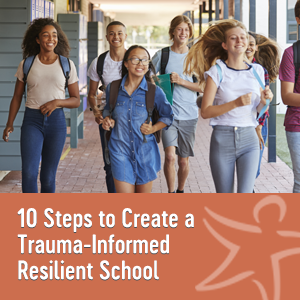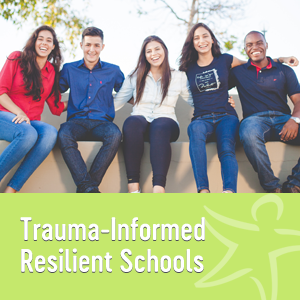4 Habits for Teachers to Help with Student Stress
Trauma and toxic stress aren’t always rooted in the obvious. In many cases there is not just one thing that has happened but a constant experience of stress related to multiple exposures. As we focus on critical events that receive the attention of adults and even gain media coverage, it is often the day-to-day traumatic experiences impacting so many children that are forgotten. Chronic experiences such as living at or below the poverty line aren’t specific events but rather ongoing circumstances.
How Can Teachers Help Students with Stress?
You may have one or several students in your own classroom this year struggling with stress—especially at the beginning of the year. When students experience stress, they have a hard time learning. Stress makes it difficult for all of us to stay focused, recall information and problem-solve. Stressed students may be inattentive, fidgety, disruptive – even defiant. If their stress is from circumstances outside of school, you might feel helpless to do anything about their situation. While you may not be able to do anything about what is causing their stress, you can help them while they are at school. There are simple things you can do to help keep their stress levels managed and support their learning.
- Connect with the student. Let them know you notice that they might be having a difficult time learning and that you are there to help support them. Not sure where to start? Read my 6 tips for making connections.
- Observe the child’s behavior and consider what they might need. If a child is fidgety and in and out of their seat, perhaps they need a quick water or walk break. If a child is inattentive, perhaps they need a different way to engage.
- Ask the child what they think they need most to be successful in the classroom at specific times or throughout the day. Set them up for success.
- Provide the student with options to reduce stress and support their learning: working alone, or with a small group, visiting the comfort corner, using noise-canceling headphones, alternative seating options, planned breaks during the day, access to fidgets, drawing supplies or puzzles.
Understanding the effects stress can have on a students performance is paramount to success, and something teachers must understand on day one of any given school year. Click below to map the brain’s response to trauma and identify how it may look in your students.
More related resources from Starr Commonwealth




